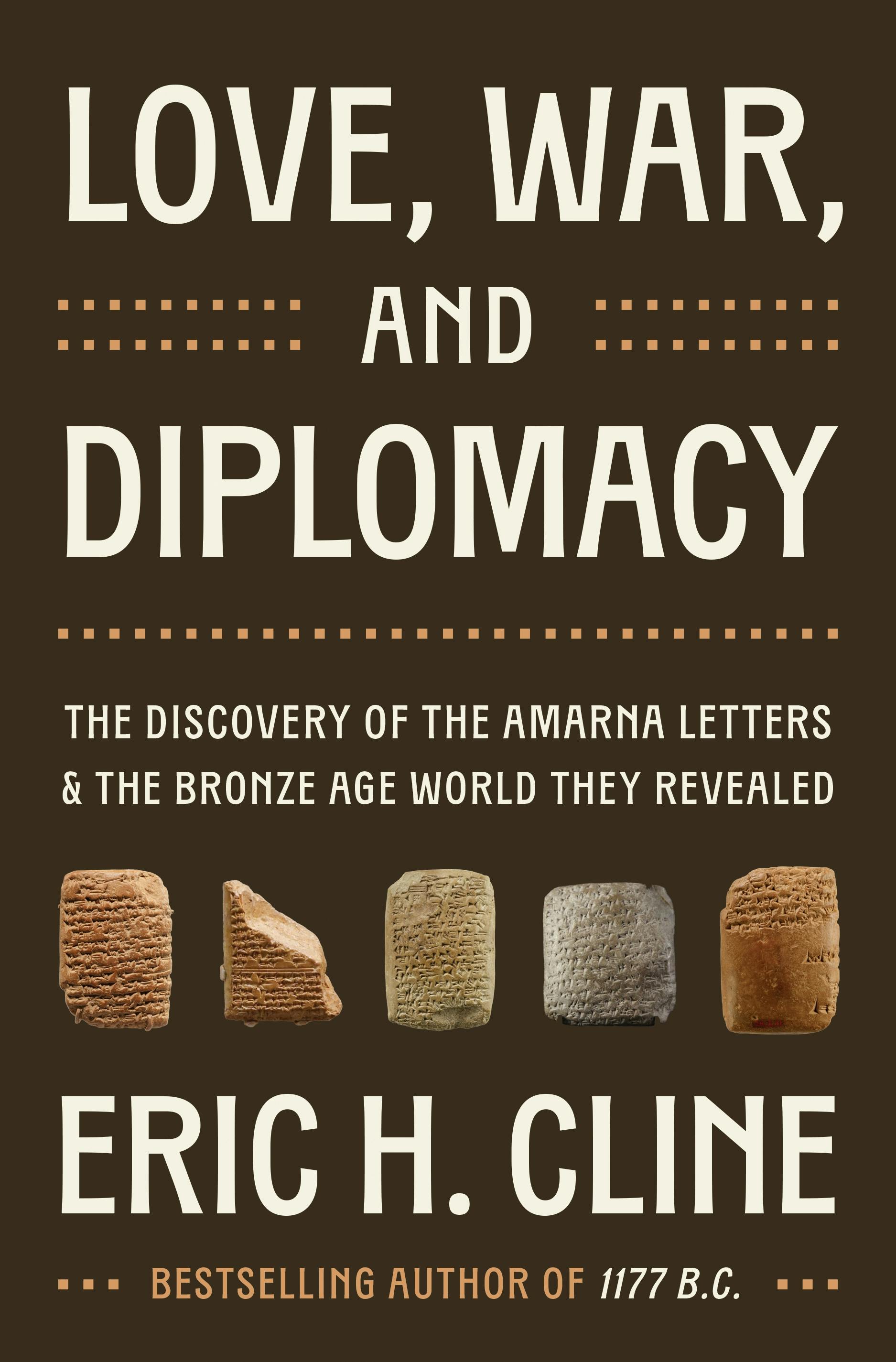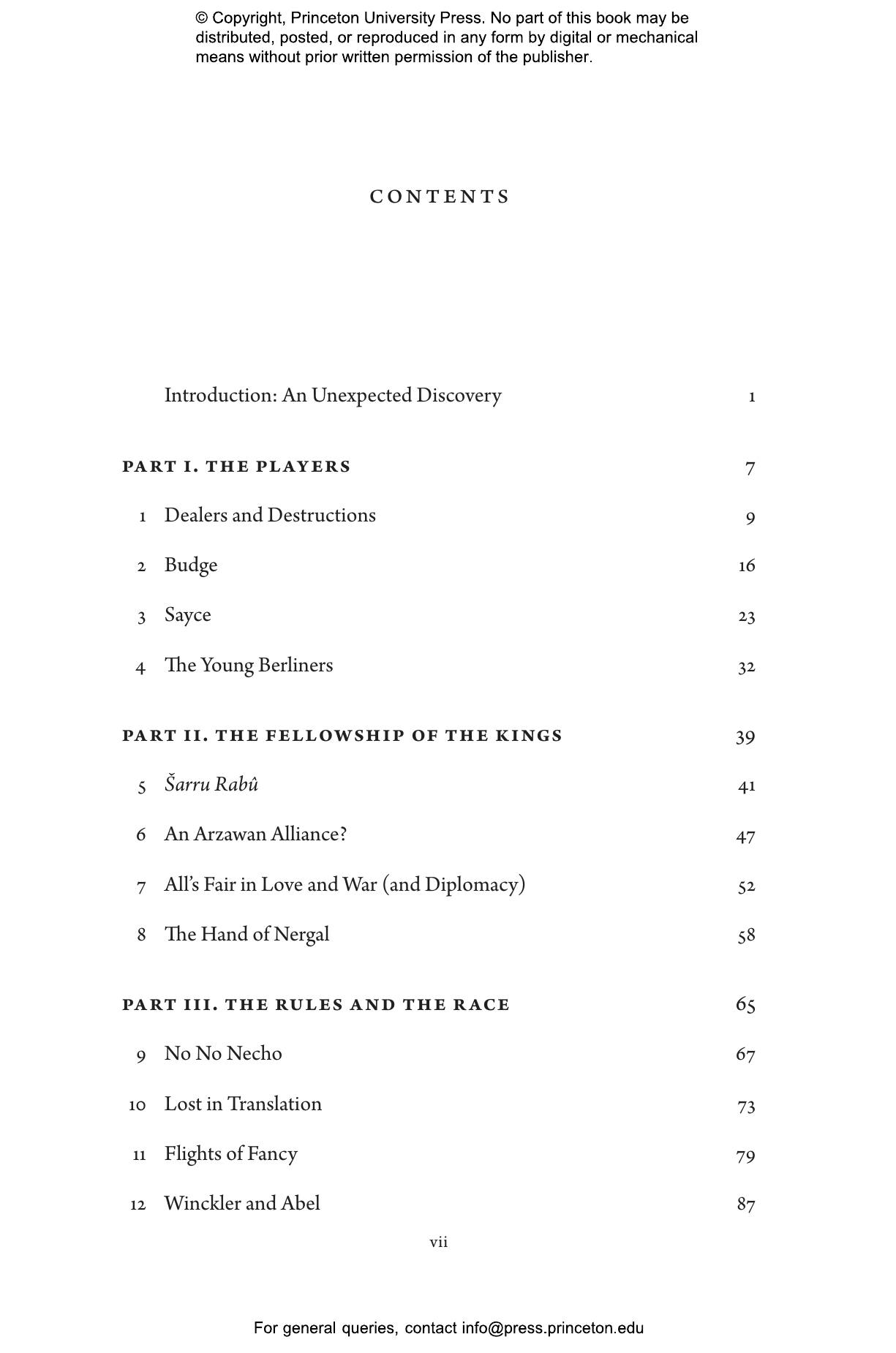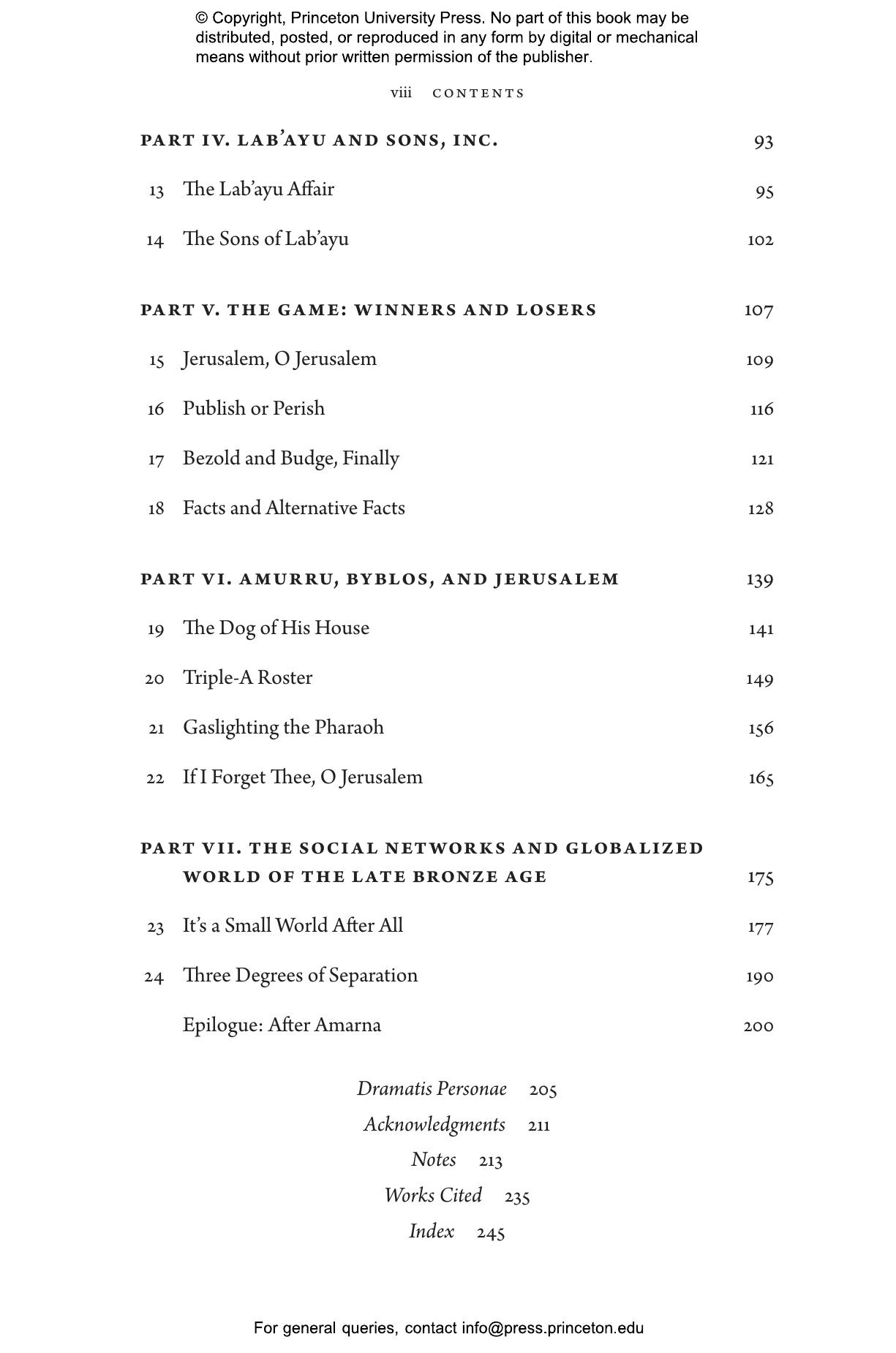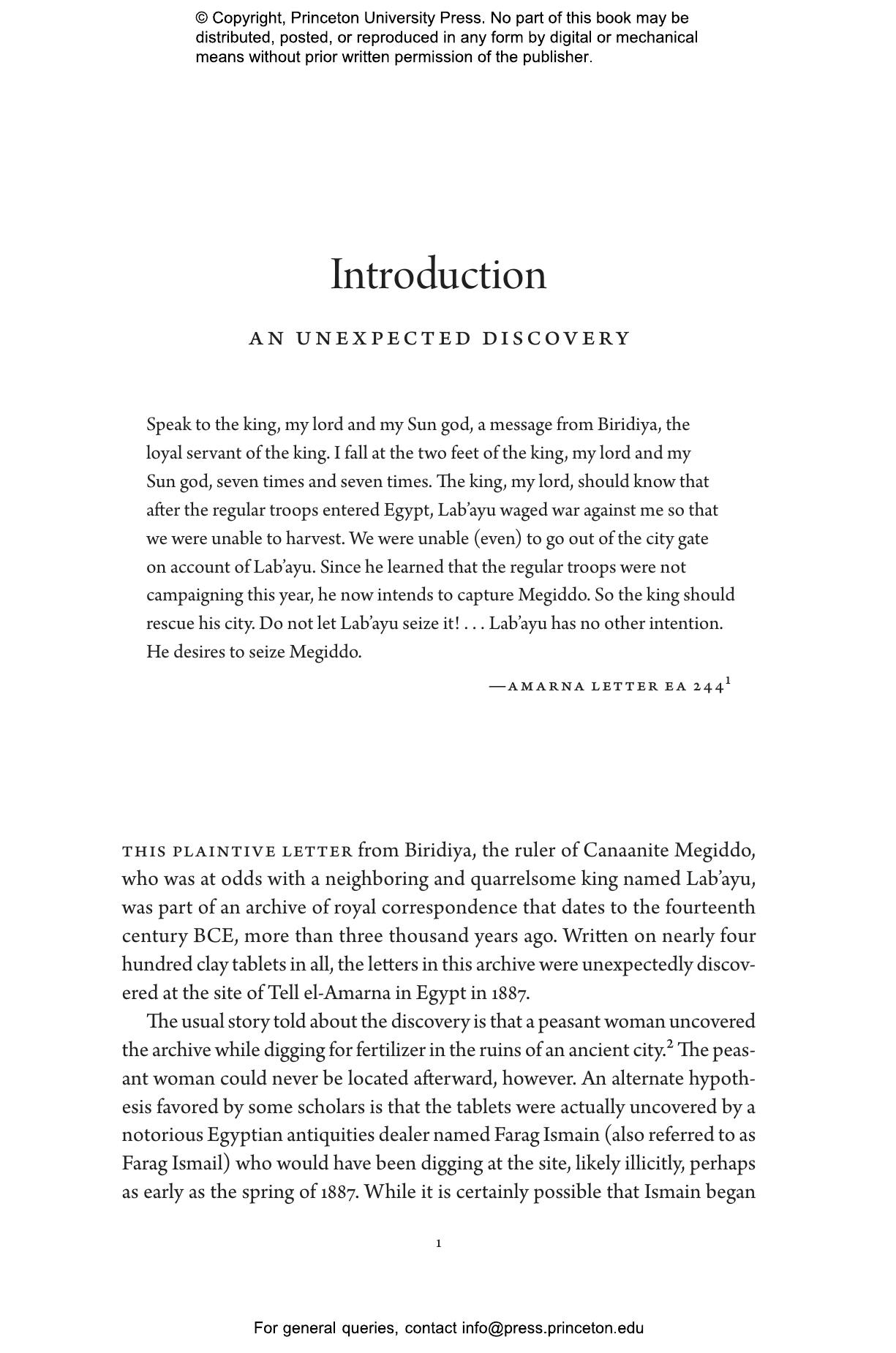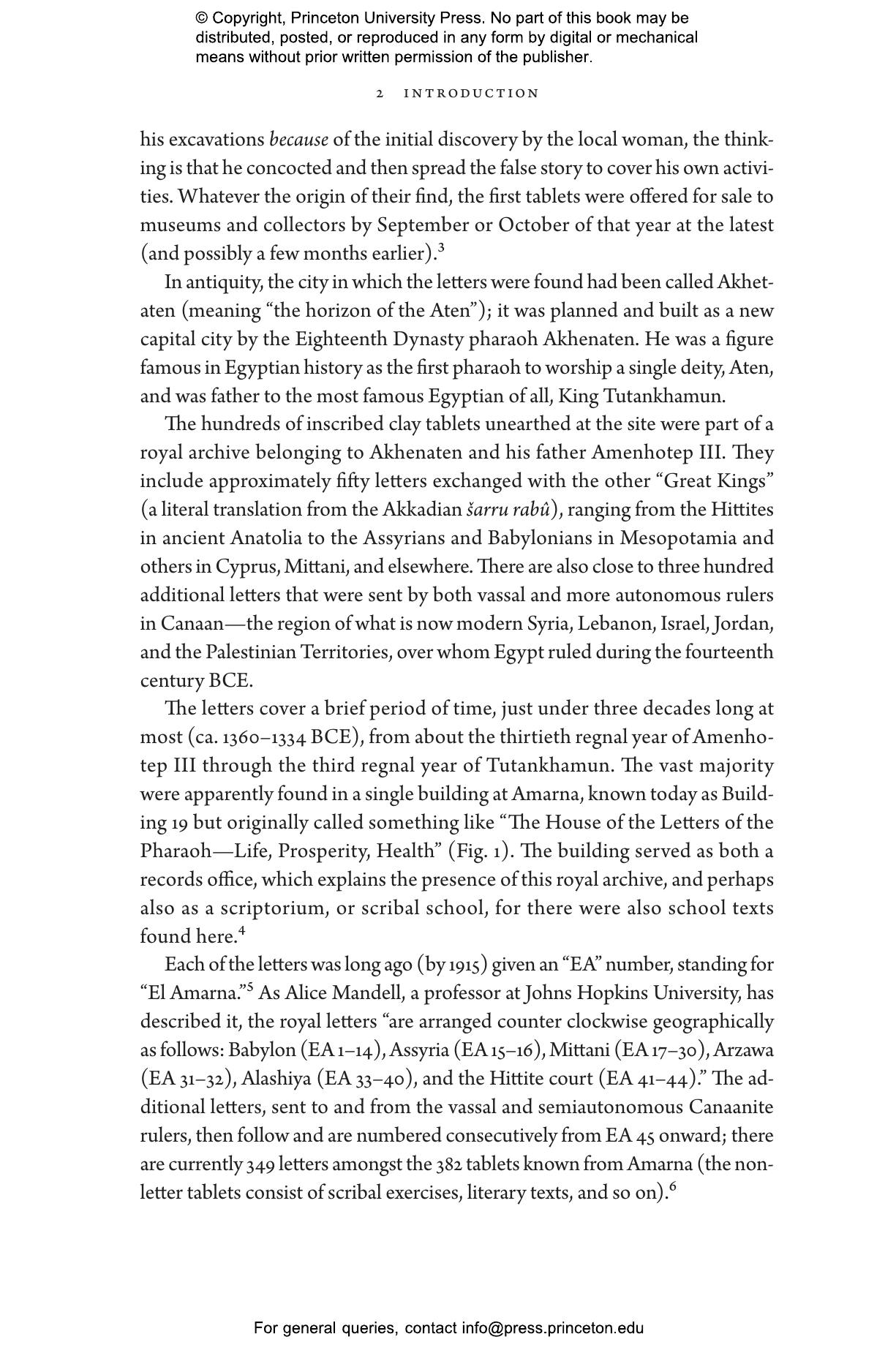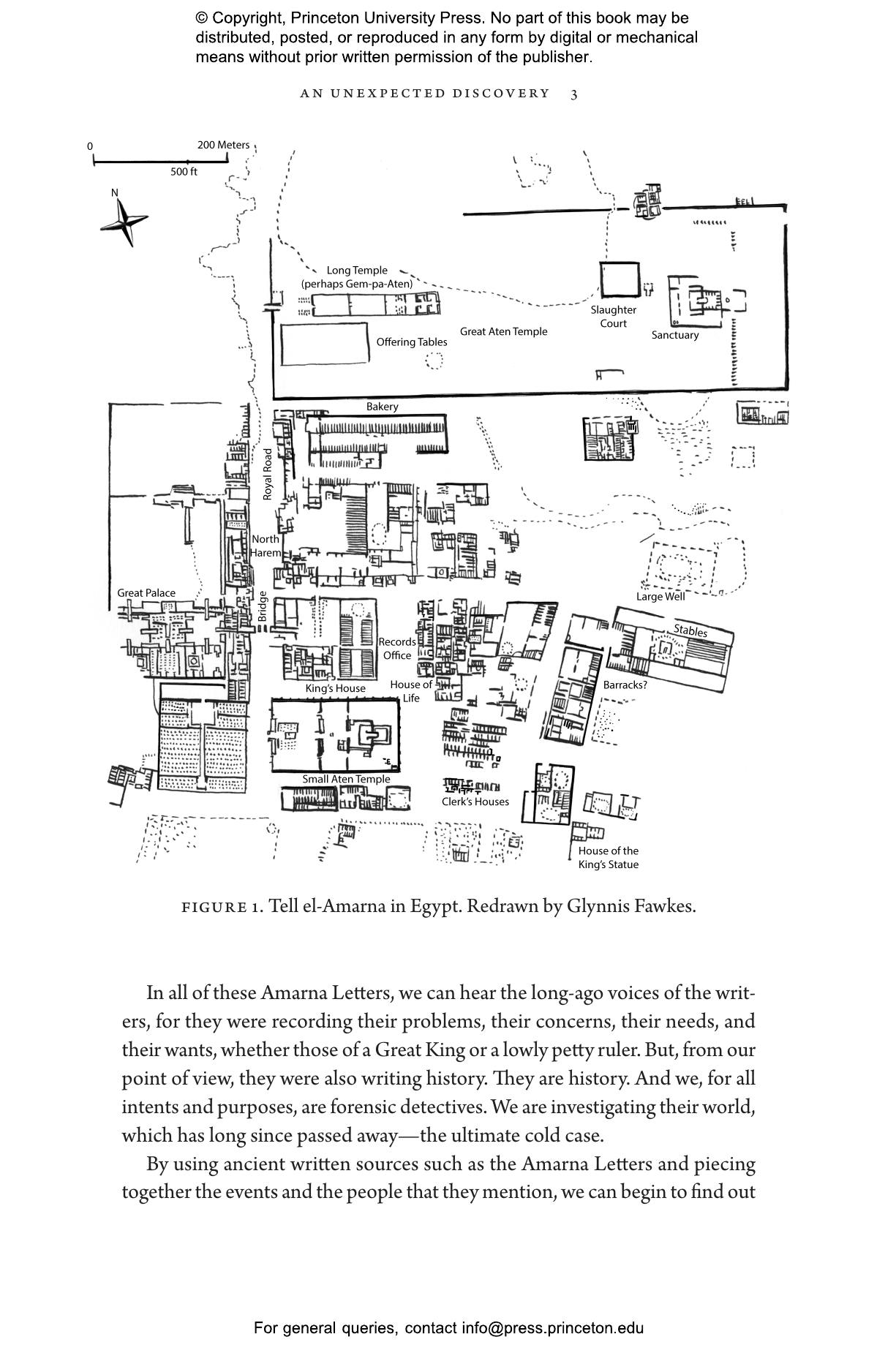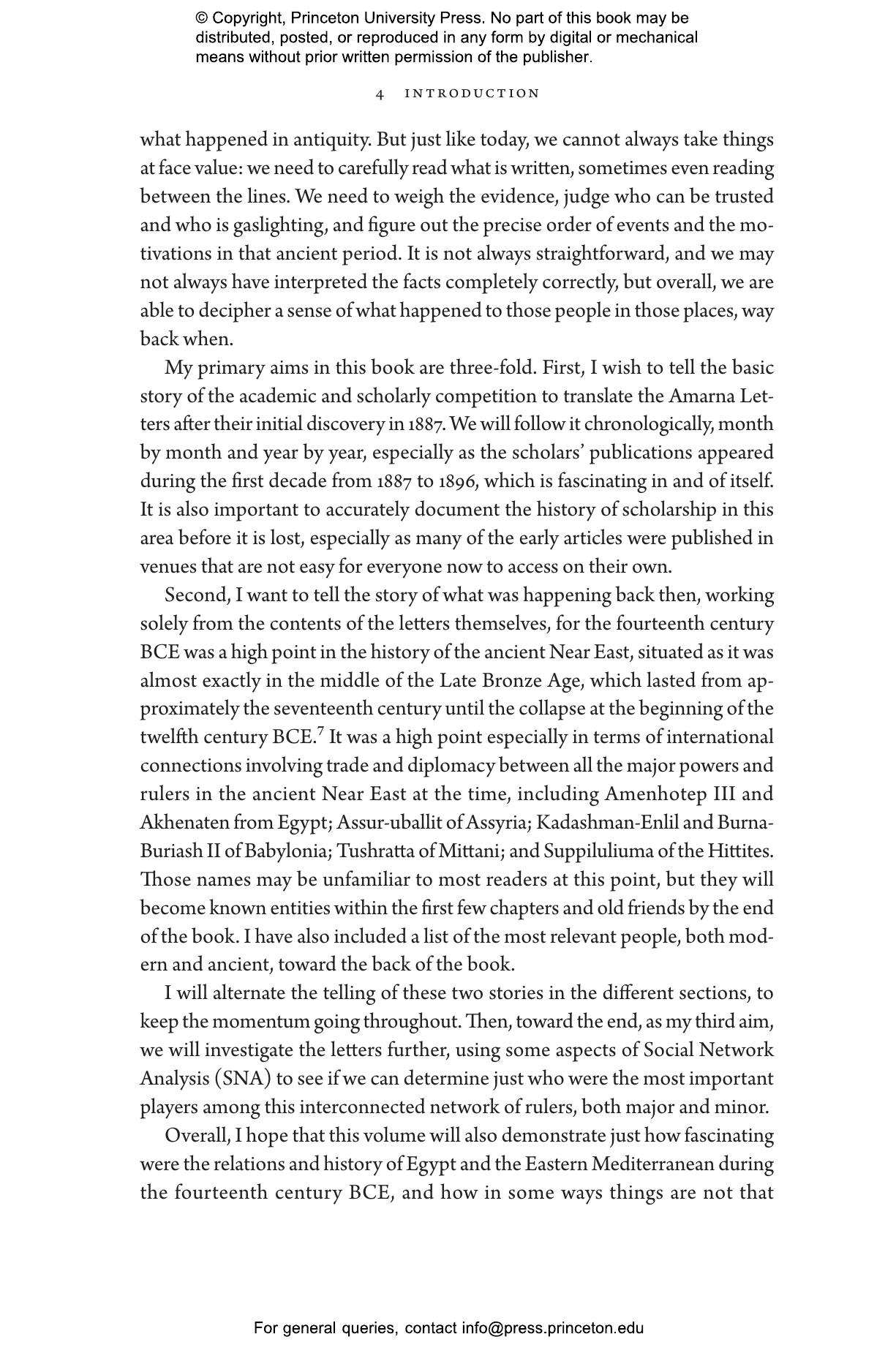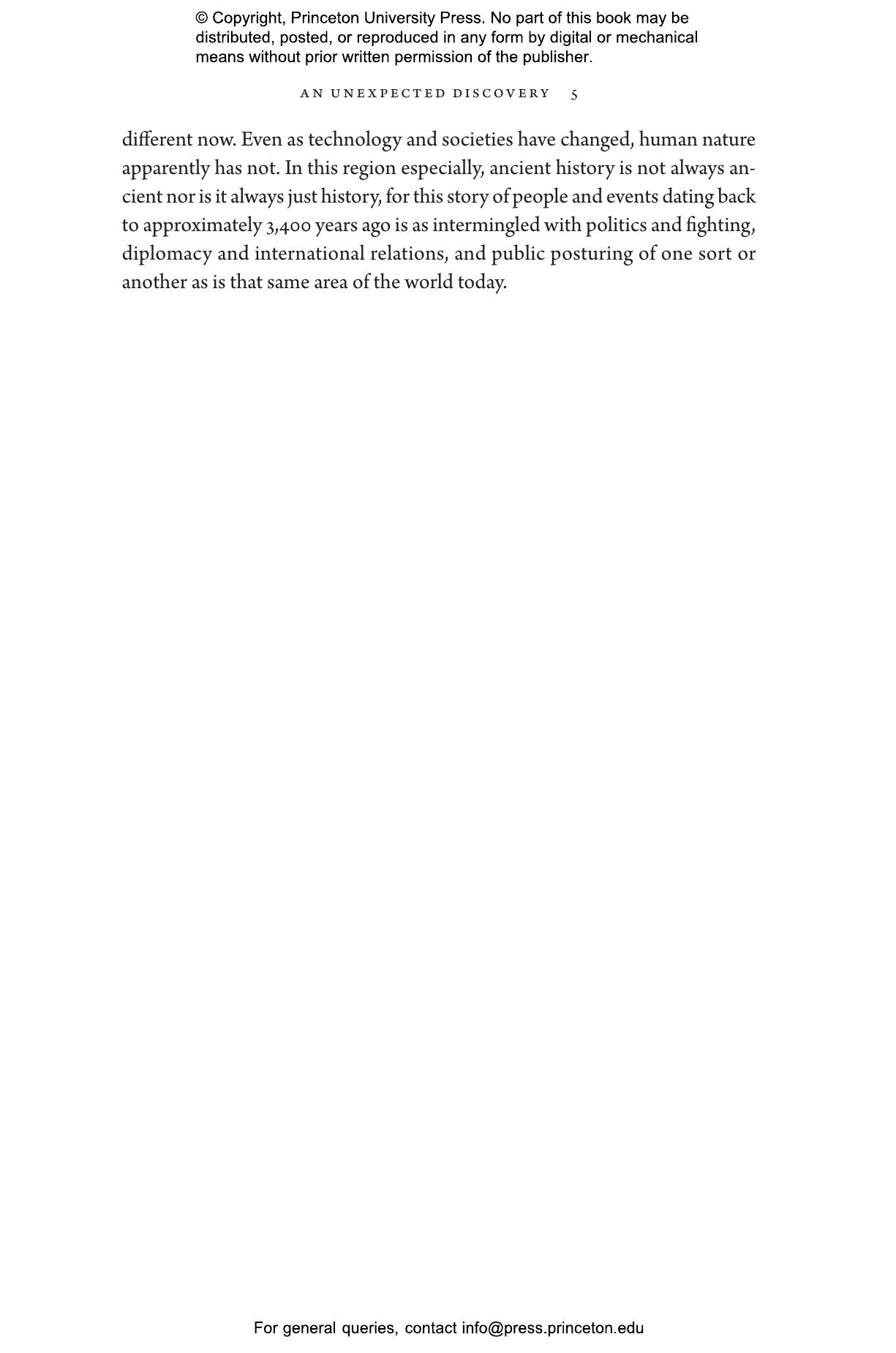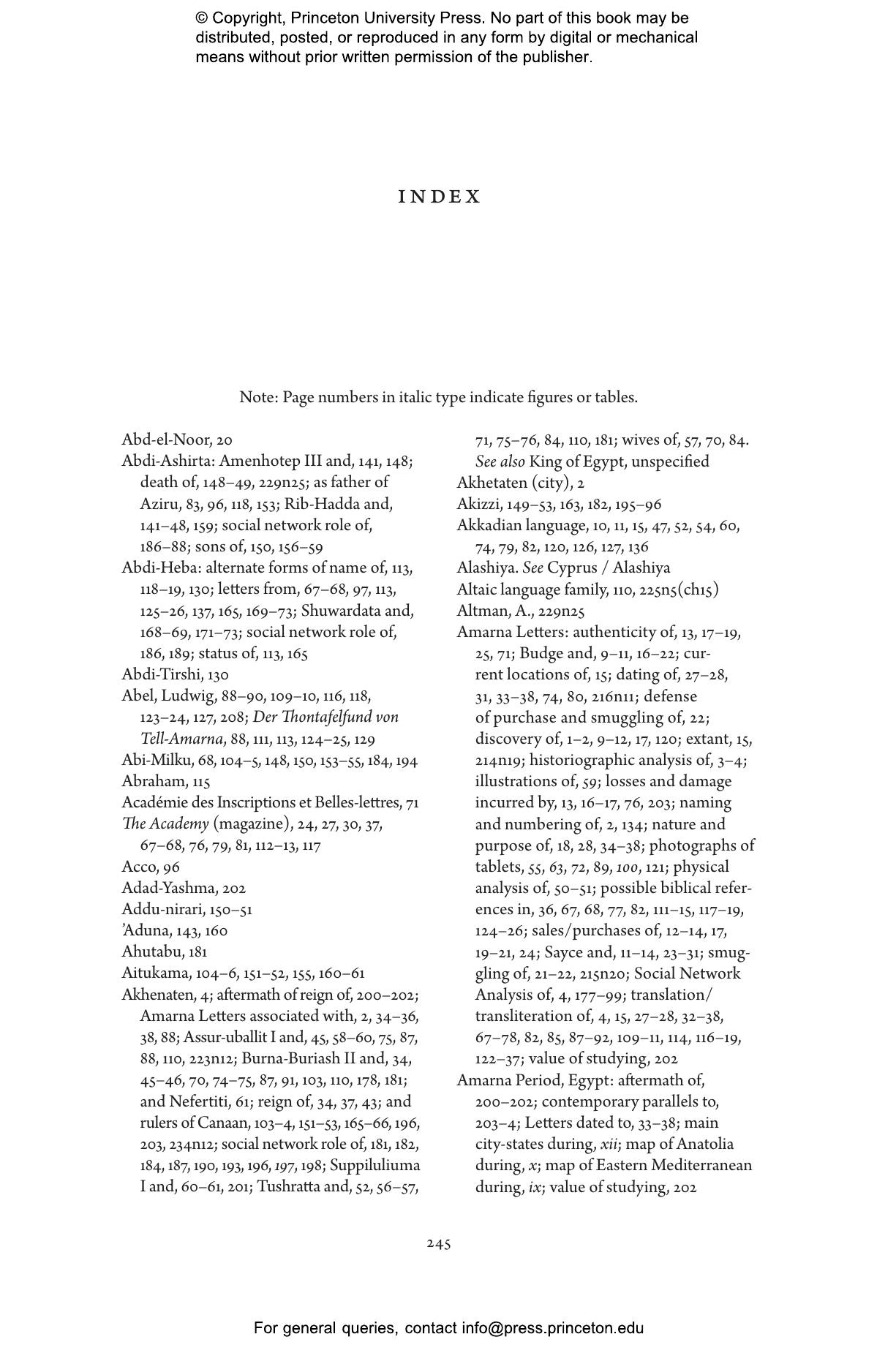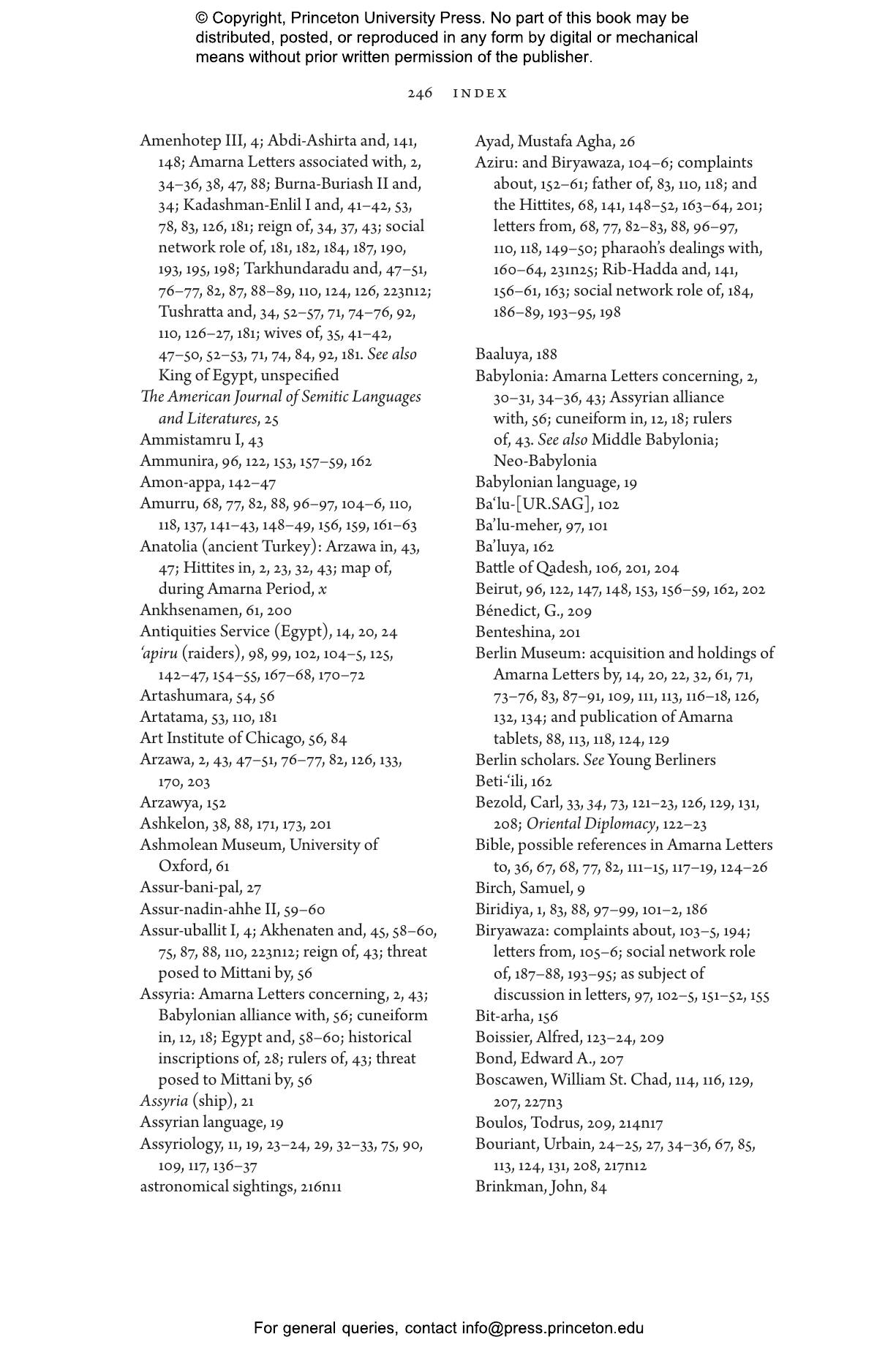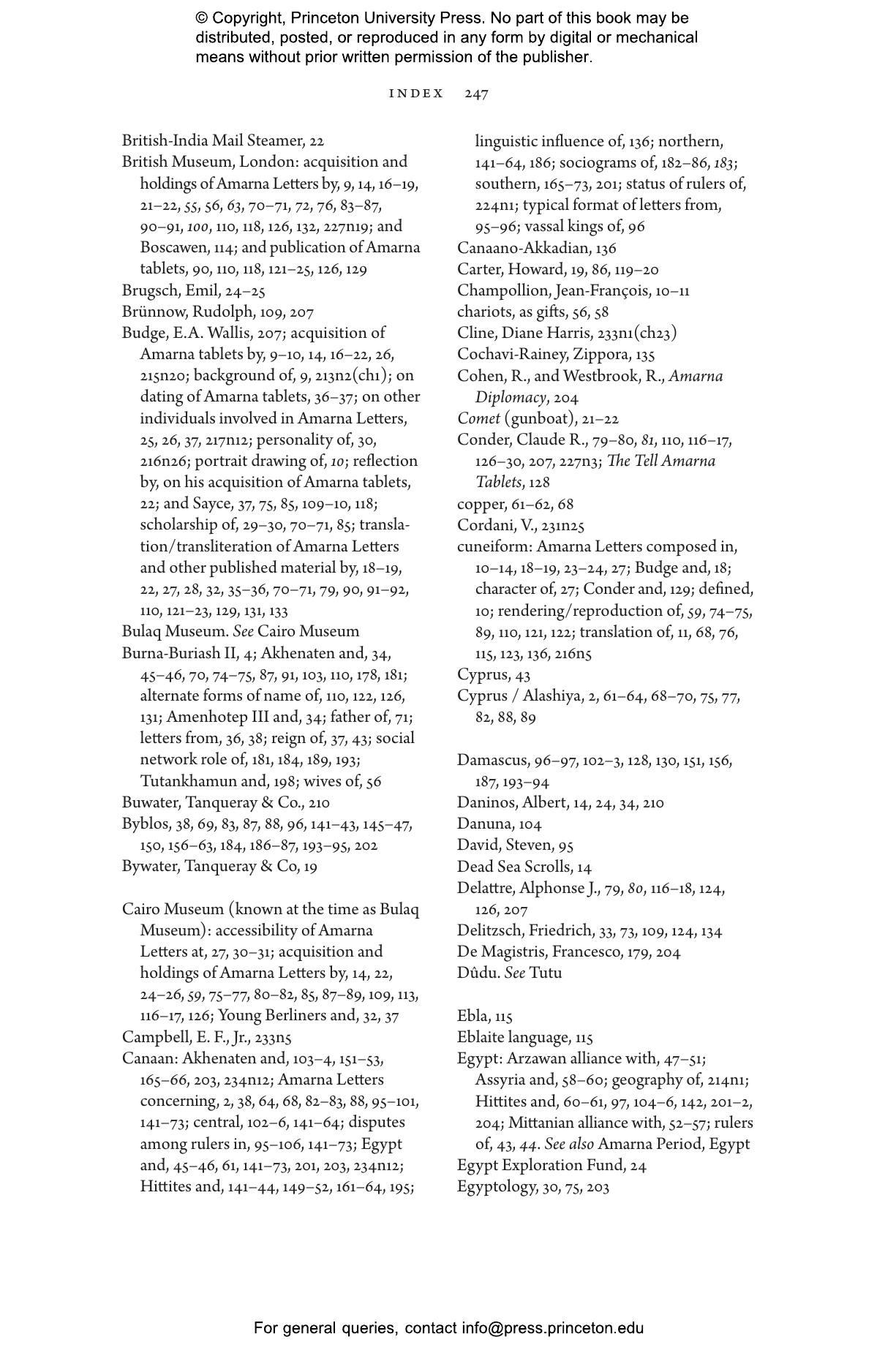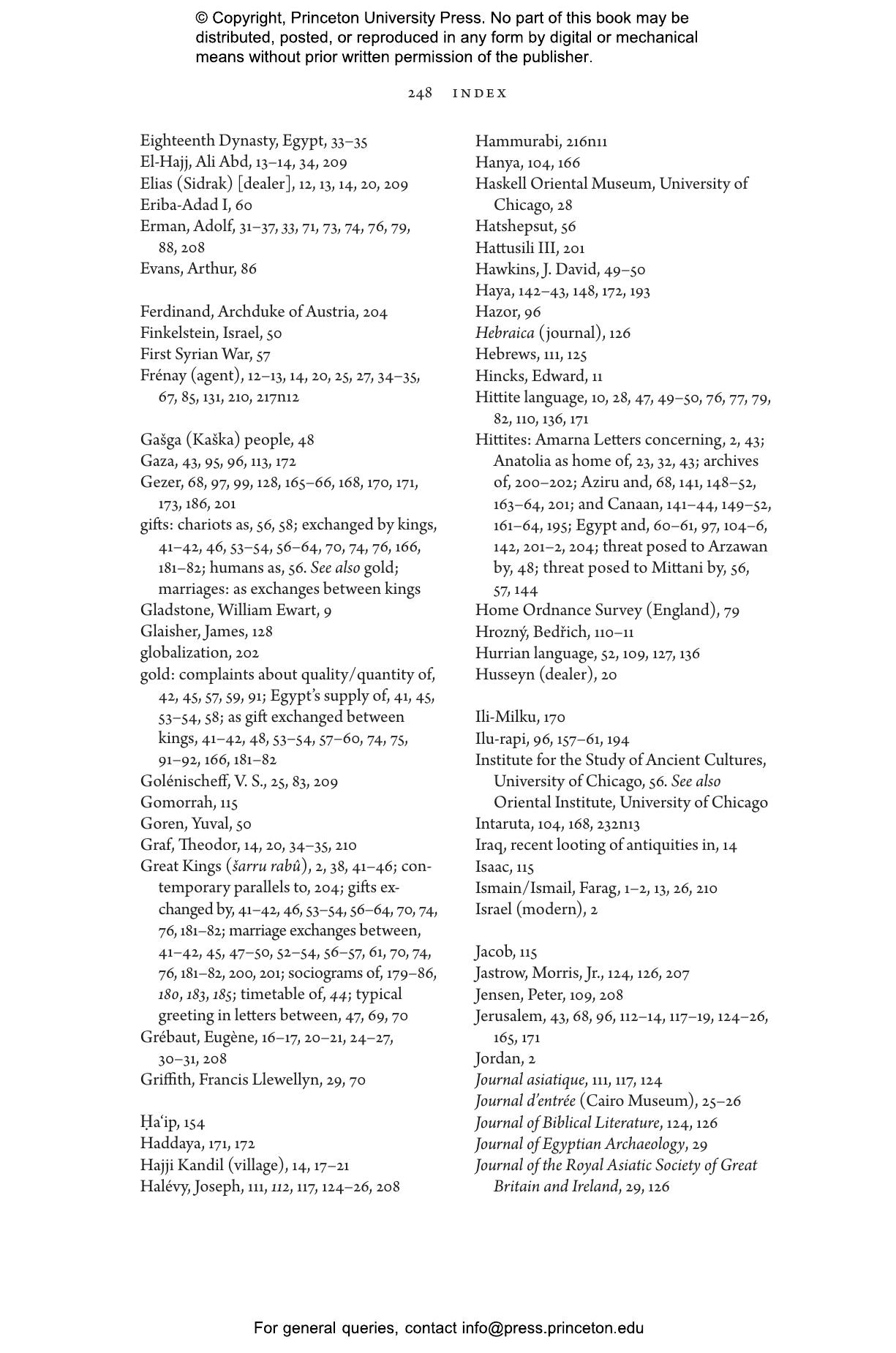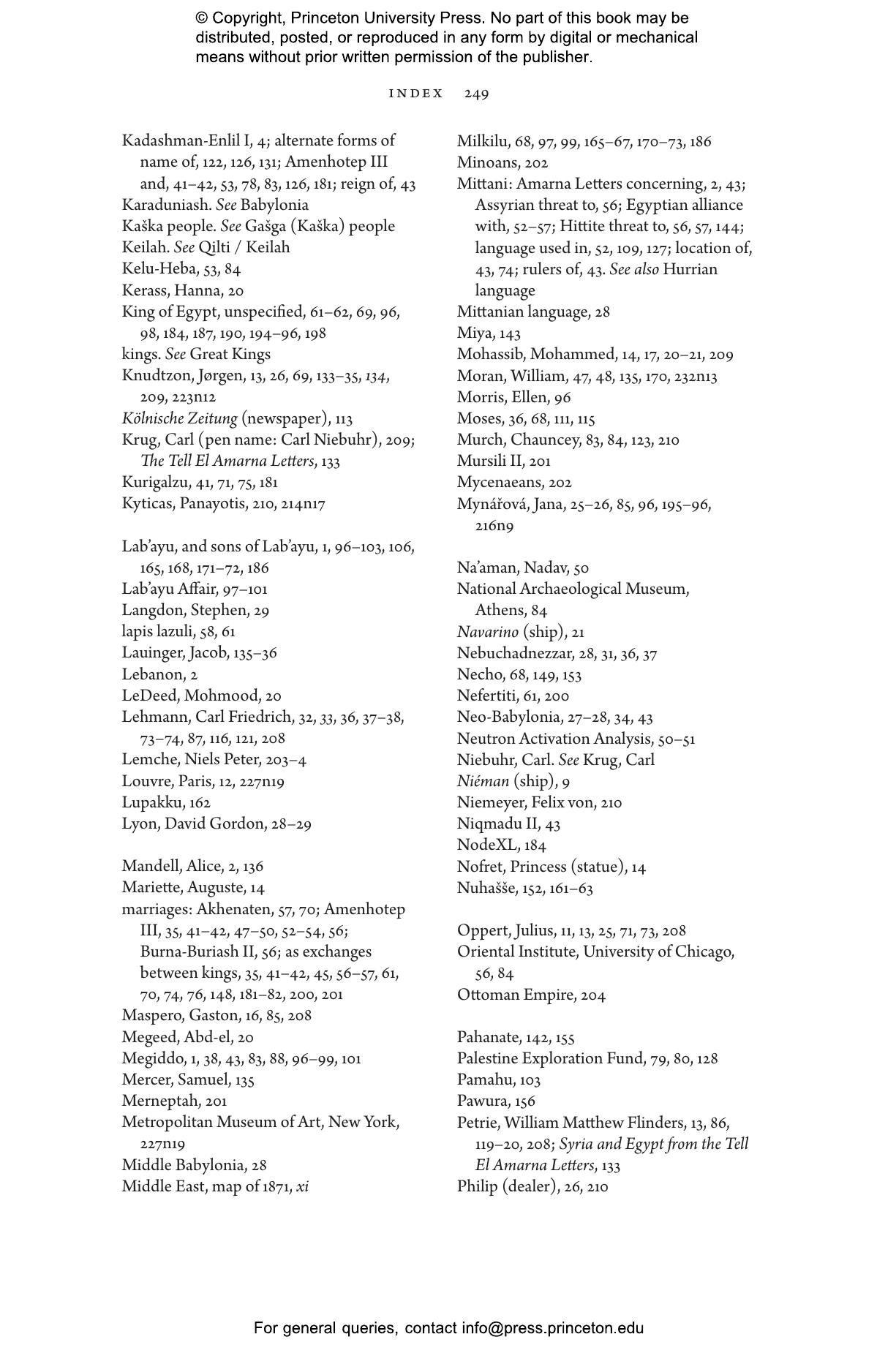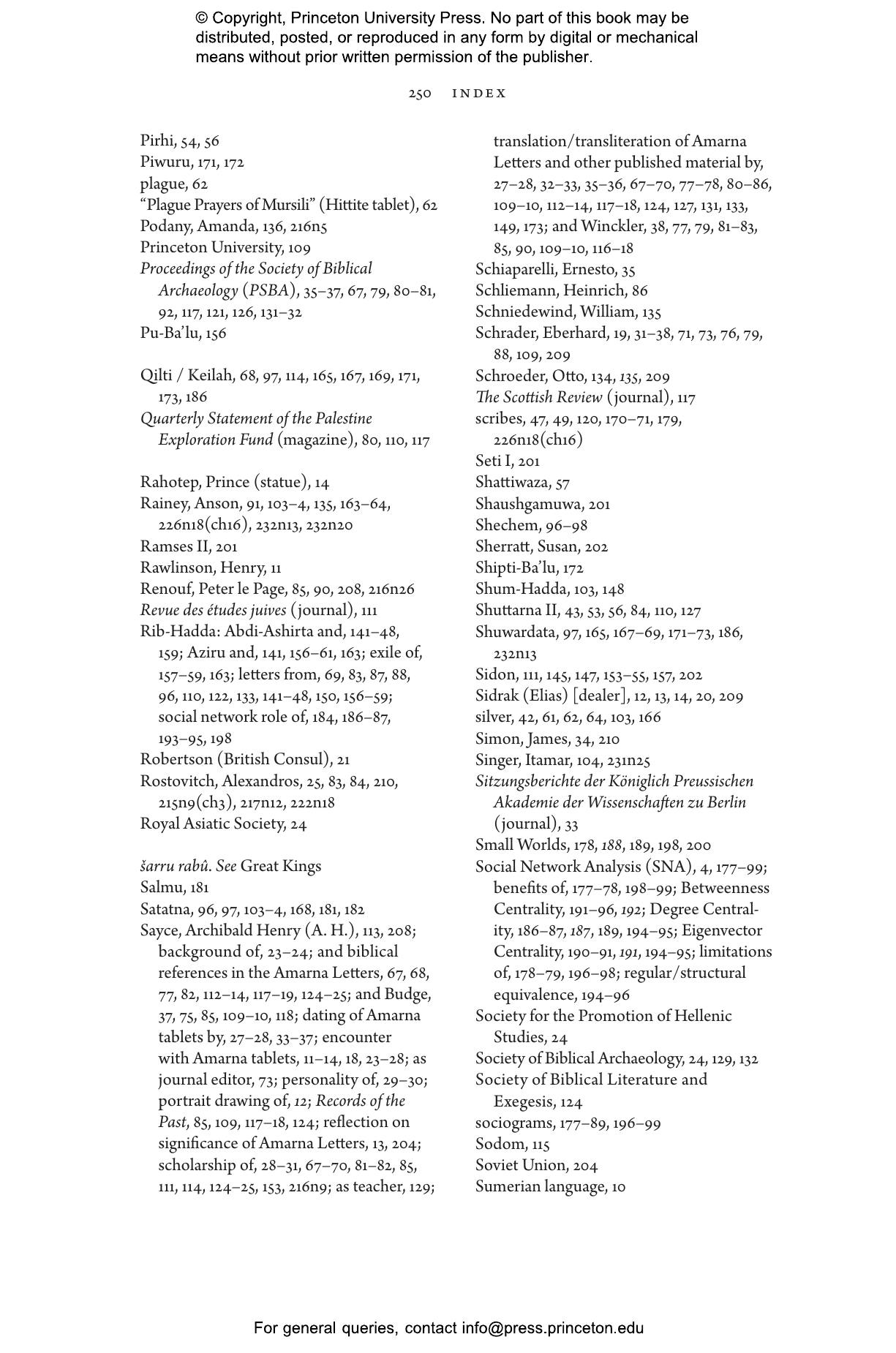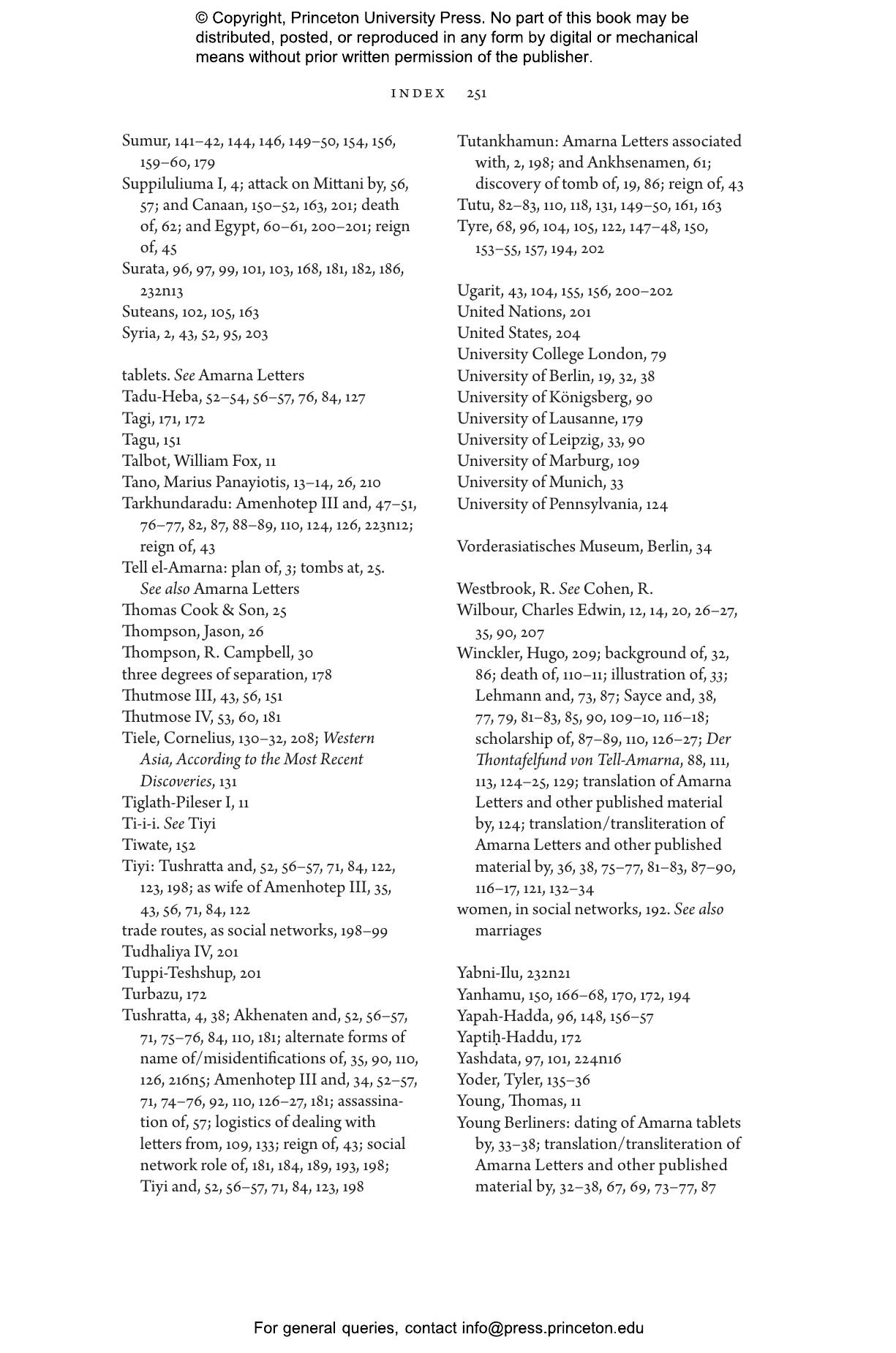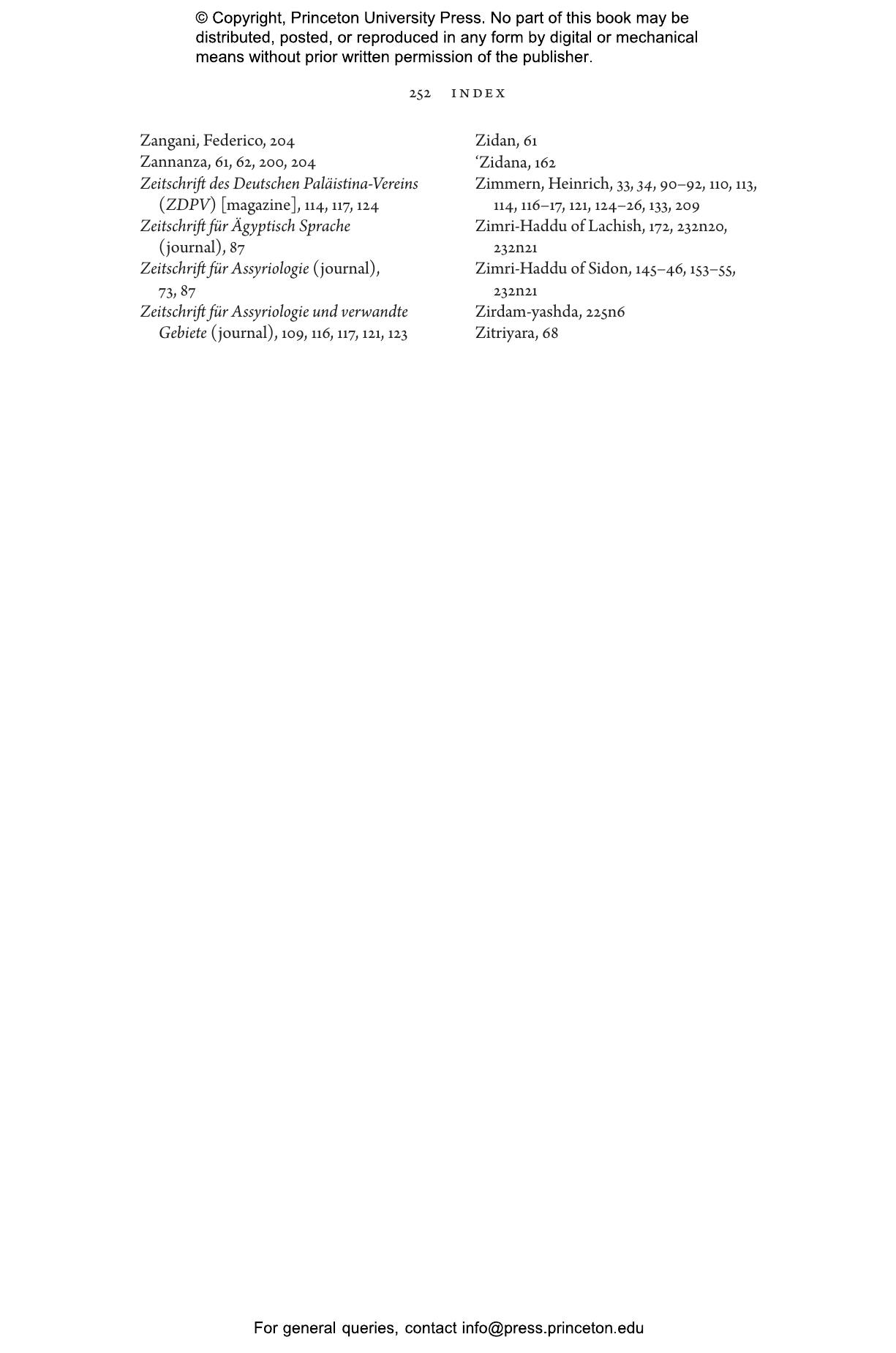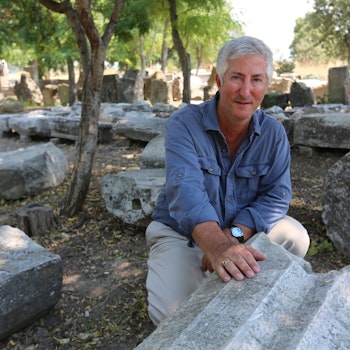Love, War, and Diplomacy: The Discovery of the Amarna Letters and the Bronze Age World They Revealed


Hardcover
ebook (EPUB via app)
ebook (PDF via app)
- Sale Price:
- $24.50/£21.00
- Price:
-
$35.00/£30.00 - ISBN:
- Published:
- Nov 11, 2025
- Copyright:
- 2025
- 20 b/w illus. 4 tables. 4 maps.
30% off with code PUP30
Audio
-
Audio and ebooks (EPUB and PDF) purchased from this site must be accessed on the
91ÌÒÉ« app. After purchasing, you will receive an email with
instructions to access your purchase.
About audio and ebooks - Request Exam Copy
In 1887, an Egyptian woman made an astonishing discovery among the ruins of the heretic king Akhenaten’s capital city, a site now known as Amarna. She found a cache of cuneiform tablets, nearly four hundred in all, that included correspondence between the pharaohs and the mightiest powers of the day, such as the Hittites, Babylonians, and Assyrians. Love, War, and Diplomacy tells the story of the Amarna Letters and the dramatic world of the Bronze Age they revealed.
Blending scholarly expertise with painstaking detective work, Eric Cline describes the spectacular discovery, the fierce competition among dealers and museums to acquire the tablets, and the race by British and German scholars to translate them. Dating to the middle of the fourteenth century BCE and the time of Tutankhamun’s immediate predecessors, Amenhotep III and his son Akhenaten, the Amarna Letters are the only royal archive from New Kingdom Egypt known to exist. In them, we learn of royal marriages, diplomatic negotiations, gift-giving, intrigue, and declarations of brotherly love between powerful rulers as well as demands made by the petty kings in Canaan who owed allegiance to Egypt’s pharaohs.
A monumental achievement, Love, War, and Diplomacy transports readers to the glorious age of the Amarna Letters and the colonial era that brought them to light and reveals how the politics, posturing, and international intrigues of the ancient Near East are not so unlike today’s.
